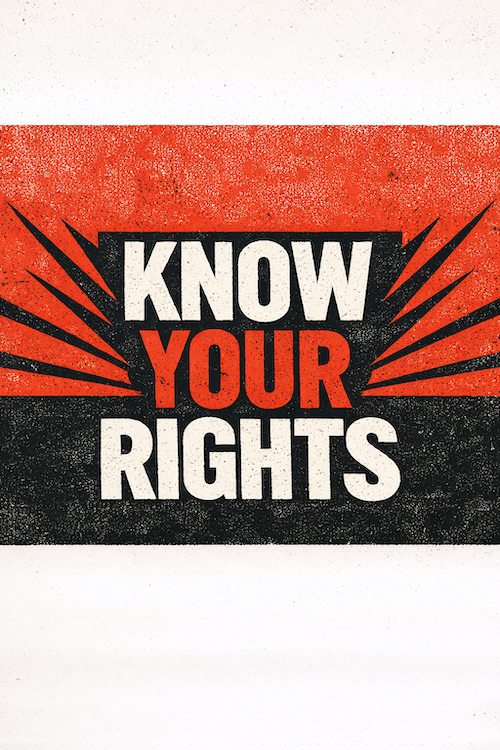Blowing the Whistle…Paying the Piper
Whistleblowing in the workplace recently got a lot more expensive for California employers. A recent California Court of Appeals decision, Todd Hawkins et al. v. City of Los Angeles, has reminded employers — again — about how costly a whistleblower case can be.
Blowing the Whistle…
Anyone following the national news is familiar with the general concept of whistleblowing – those who “blow the whistle” on wrongdoing in politics, the government, and other high-level corporate contexts. That concept also exists in the employment context –when an employee “blows the whistle” on suspected wrongdoing in the workplace.
Under California law, an employee is a “whistleblower” when he has “reasonable cause” to believe that there has been a “violation of a state or federal law, or a violation of or noncompliance with a local, state, or federal rule or regulation.” See Cal. Labor Code §1102.5. California law prohibits an employer from retaliating against a whistleblower for disclosing information “to a government or law enforcement agency or to a person with authority over the employee or another employee who has the authority to investigate, discover, or correct the violation or noncompliance.”
When a whistleblowing employee is later disciplined or otherwise suffers adverse employment action, the whistleblower will often allege that the adverse employment action was taken in retaliation for having “blown the whistle.” Employers then attempt to defend their actions by saying that the adverse employment action taken was based on performance issues or other legitimate factors unrelated entirely to the employee’s whistleblowing.
Why Should Employers Be Concerned?
In a nutshell – money. Whistleblowing claims are very costly for employers to defend. And, if a judge or jury disagrees with their defense, employers can face not only large civil damages awards and/or PAGA penalties, but also significant attorneys’ fees awards.
A recent California Court of Appeals decision – Hawkins v. City of Los Angeles – found that even though a jury had awarded a relatively small amount of actual damages to two prevailing “whistleblower” plaintiffs, nonetheless the plaintiffs were entitled to over $1,054,286 in attorneys’ fees for prosecuting their claims.
Hawkins v. City of Los Angeles
In Hawkins, the two named plaintiffs – Todd Hawkins and Hung Kim – worked for many years as part-time hearing officers for the Parking Adjudication Division of the LA Department of Transportation (LADOT). It was their job to hear appeals from people who had received parking tickets. Hawkins, Kim, and numerous others had reported over a period of several years that supervisors were pressuring them to change their decisions from “not liable” to “liable.” Eventually, the LADOT commissioned an investigation into the complaints from Hawkins, Kim, and others.
In September 2013, the investigator issued a report finding that two of the supervisors had, in fact, pressured the hearing officers to change their findings; however, the investigator also found that the supervisors had not abused their authority by exerting that pressure. In early October 2013, the investigator issued a final report considering the matter closed.
Thereafter Hawkins and Kim escalated their complaints outside the LADOT, to the LA City Ethics Commission and the LA City Council. Within weeks, both Hawkins and Kim were terminated.
…Paying the Piper
After being fired, Hawkins and Kim sued under California Labor Code Section 1102.5(b) and also under PAGA. The jury found in their favor on both of these claims, awarding them $427,162 in damages and a $20,000 PAGA penalty. The jury also awarded $1,054,286 in attorneys fees.
When the City appealed, the Court of Appeal ruled that Hawkins and Kim had proven their threshold case: Their complaints about being pressured to change parking tickets fit squarely within the whistleblower law; they suffered a patently obvious adverse action (termination); and the timing between their complaints and the adverse action they suffered constituted adequate evidence for the jury to find a causal link and retaliatory intent.
In reaching its decision, the Hawkins Court cited numerous examples of a pattern “consistent with retaliatory intent,” including that Hawkins and Kim demonstrated adequate “weakness, implausibilities, inconsistencies, incoherencies, or contradictions in the employer’s proffered reasons for its action.” Thus, ruled the Court, a jury could find such reasons unworthy of credibility, and could therefore “infer” that the employer acted for an illegal, retaliatory purpose. Accordingly, the Court ruled that Hawkins and Kim had met that high bar, and affirmed the jury’s verdict. The Court specifically upheld the $1,054,286 attorneys’ fees award under California Code of Civil Procedure Section 1021.5 on the grounds that the lawsuit implicated important rights affecting the public interest.
What Employers Should Do
It may seem obvious, but it bears repeating nonetheless: Employers must be hyper-vigilant that any employee who “blows the whistle” – even when he is mistaken about whether a perceived violation is illegal, and even when he persists after being told he is mistaken – must not suffer any retaliation. If the employer had other reasons for wanting to discipline or terminate the employee — reasons that are separate and apart from the fact that the employee had blown the whistle — the employer is going to have to wait to impose that discipline or commence that termination.
Why? Because proximity in time can infer causation in employment law. So any discipline or termination that occurs close-in-time to the whistleblowing will likely be found to be caused by the whistleblowing. By waiting six months or so, the causal chain can be broken, and the employer will have a better argument that the discipline or termination was not caused by the whistleblowing.
You can read the full decision in Hawkins here.
Insights
OUR BLOG


